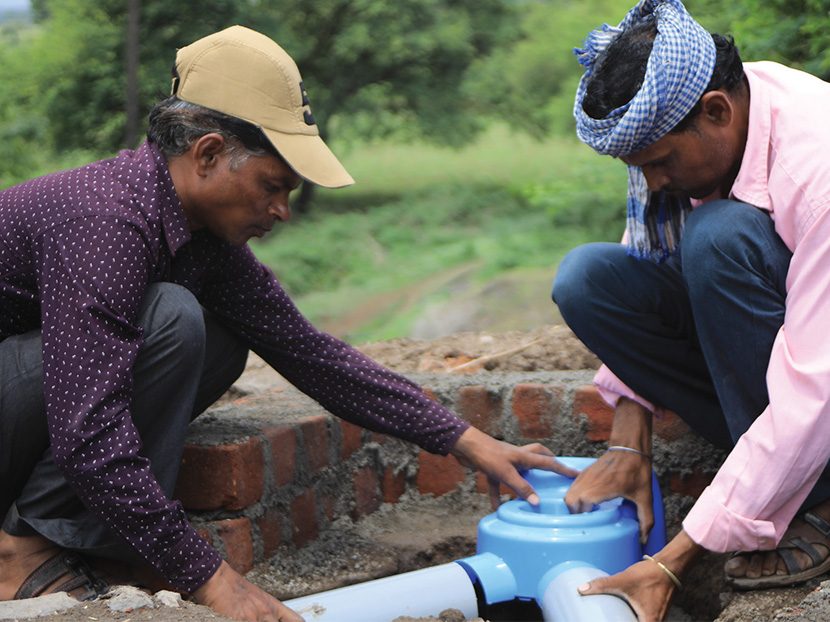LIXIL’s SATO Receives New Funding

LIXIL Corporation (LIXIL)’s SATO business will be funded under the “Urban Sanitation Challenge,” a newly launched program of the Water Innovation Engine. LIXIL’s SATO is one of the first five projects ever to be funded through the Urban Sanitation Challenge. The new program, led by Grand Challenges Canada, was launched on September 21 at the UN General Assembly meetings in New York City.
LIXIL’s SATO is a line of affordable toilet and sanitation products specifically tailored for rural and peri-urban communities with difficulties accessing safe sanitation. The products are designed to automatically and reliably seal open-pit latrines with a self-closing trap door that minimizes odors and the passage of disease-carrying insects. There are now 1.2 million units in use, improving sanitation for 6 million people around in Bangladesh, Uganda, Kenya and India.
The CAD $1 million of funding will help LIXIL scale up SATO to reach an additional 15 million people, enabling manufacturing and distribution of SATO products in Nigeria, Tanzania, Ethiopia, Rwanda, South Africa, Vietnam, Indonesia, Haiti, Ghana, Malawi, and the Philippines. This will take the company a step closer to reaching its goal of bringing safe sanitation to 100 million people by the end of 2020 — and improving worldwide access to basic sanitation by four percent.
Jin Song Montesano, executive officer and senior managing director, LIXIL Group commented, “That funding represents a much-appreciated vote of confidence in the SATO team’s innovative and technology-focused approach to sanitation solutions.”
A second project to receive funding, Laguna Water’s project in the Philippines, utilizes LIXIL’s Portable Toilet System – an in-home sanitation solution designed for dense urban informal settlements that lack adequate sanitation infrastructure. The system is being field-tested to offer disadvantaged households an ‘odorless’ toilet from which human waste can be collected and treated hygienically and efficiently.
The Urban Sanitation Challenge recognizes projects that tackle the impact of poor sanitation on health, the environment, and the economy through cost-effective solutions. It is the newest initiative of the Water Innovation Engine, which was formed in in response to a 2016 Call to Action from the eleven Heads of Government and State and Special Advisers who make up the UN / World Bank High Level Panel on Water (HLPW). The challenge is supported financially by the Government of Canada through Global Affairs Canada, and a host of other partners.
Dr. Peter A. Singer, chief executive officer of Grand Challenges Canada commented: “The lack of sanitation has a disproportionate impact on vulnerable women and girls and leads to diarrhea, death and delayed child development. Investing in safe urban sanitation is key to advancing gender equality, and to ensuring the health and well-being of every woman and every child.”
Visit www.sato.lixil.com




